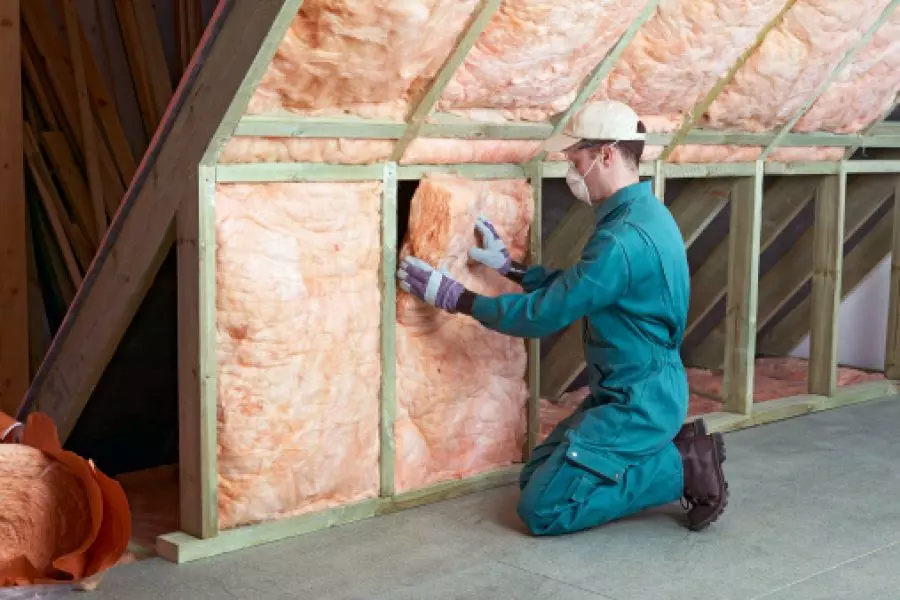
News
COMMENT: Checking in on insulation

Friday 7th of February 2020
It’s been just over seven months since ceiling and underfloor insulation became compulsory for all rental properties around New Zealand.
However, that insulation requirement was well-known to landlords for years before. That’s because they were due to changes made to the Residential Tenancies Act back in 2016 and were widely publicised.
Despite this, in the...
Want to read the full article?
Click the button below to subscribe and will have unlimited access to full article and all other articles on the site.
5 min read



![[OPINION] Recessionary times](https://goodreturns.publit.io/file/c_fill,w_900,h_600/87ae0bf5-bdab-4cc2-bb45-9524f4030652.webp)
![[OPINION] How to make 20% from commercial property](https://goodreturns.publit.io/file/c_fill,w_900,h_600/7ac659fb-b908-4521-bcfa-1068d359b61e.webp)
![[The Wrap] Bye Bye Bayly](https://goodreturns.publit.io/file/c_fill,w_900,h_600/39f23ac1-f7c7-4854-b700-a150004ebbac.webp)


